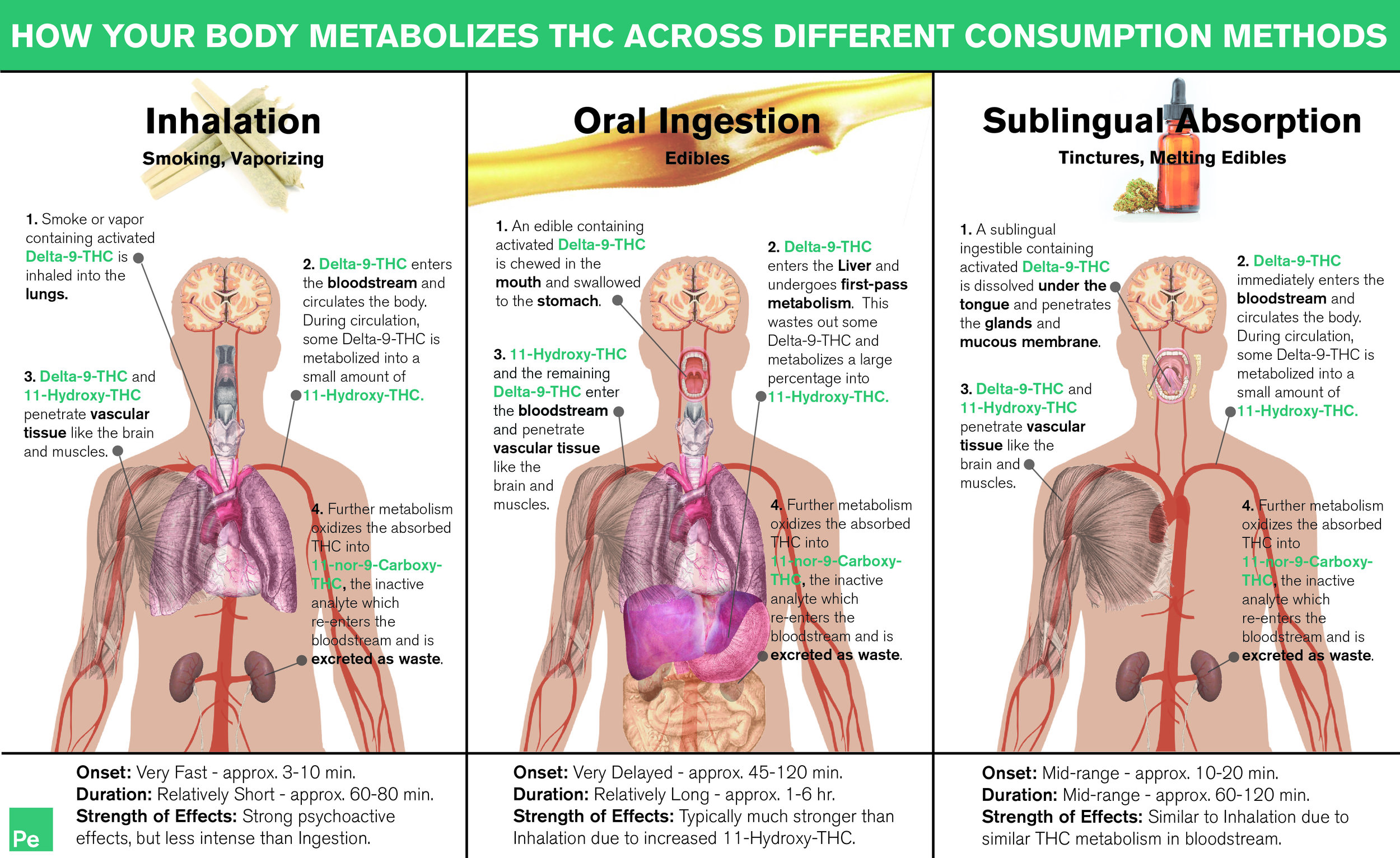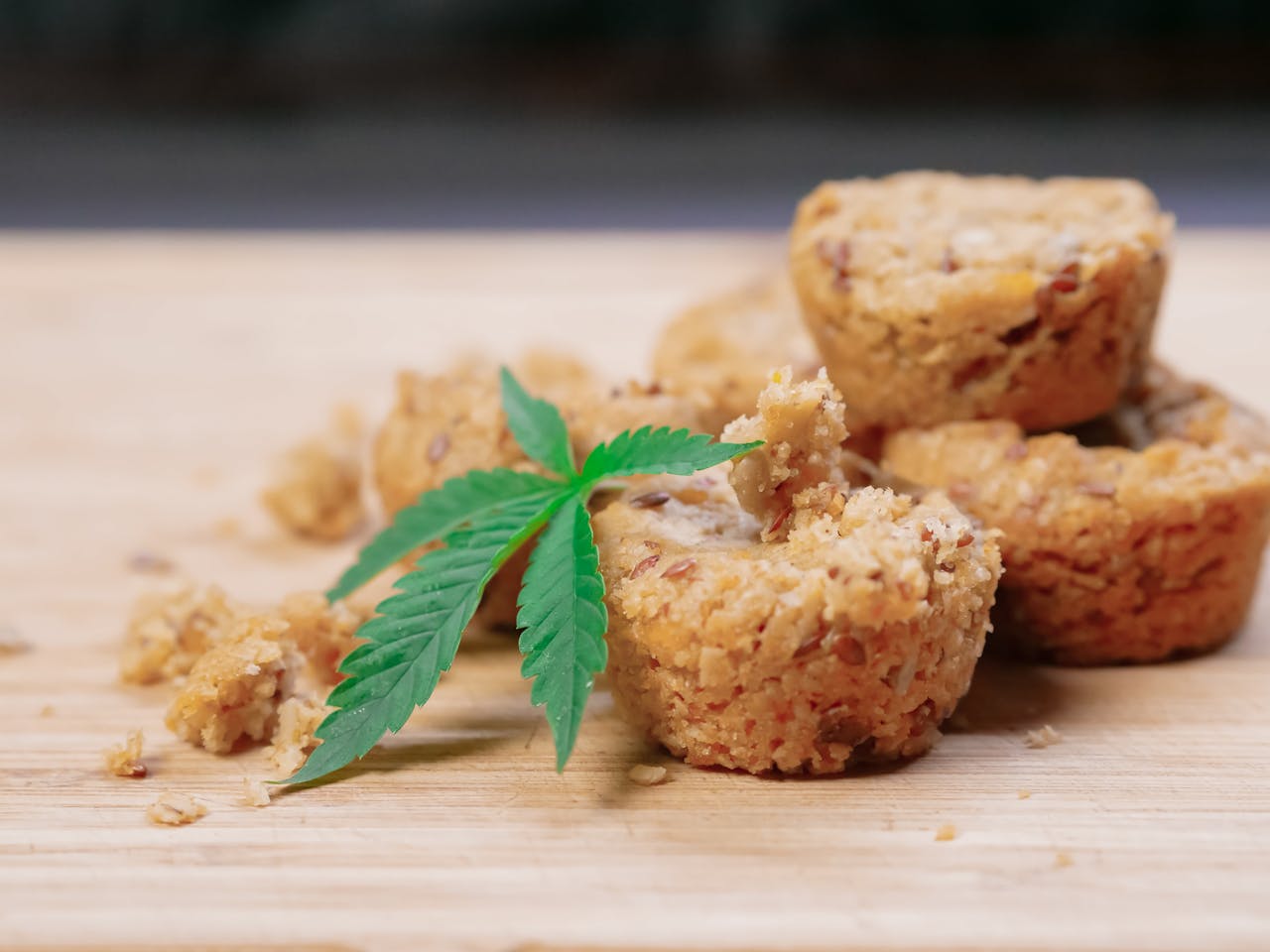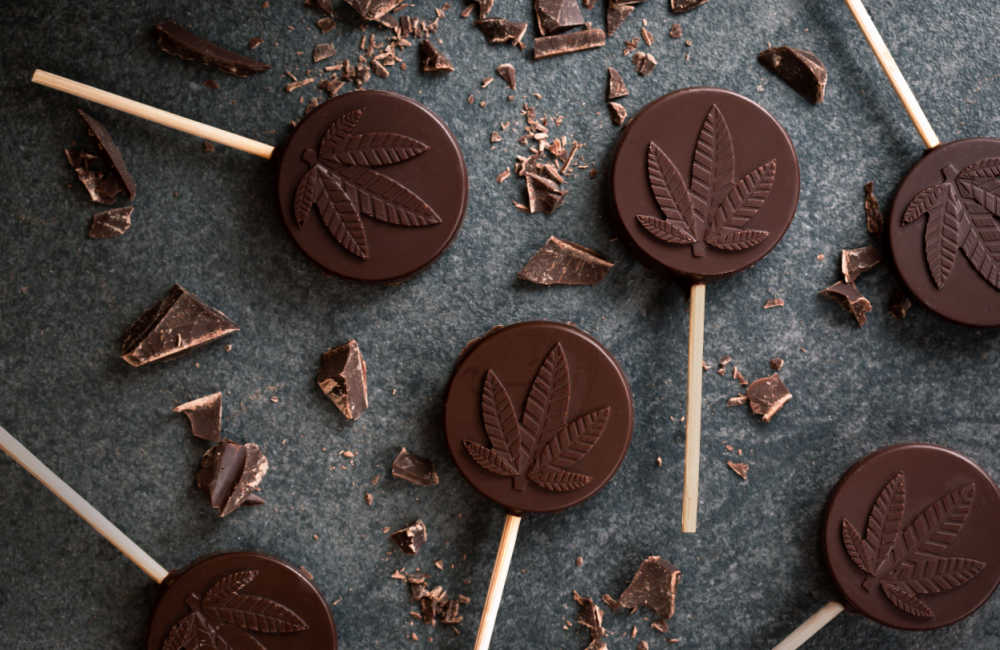Can Edibles Not Work For Someone
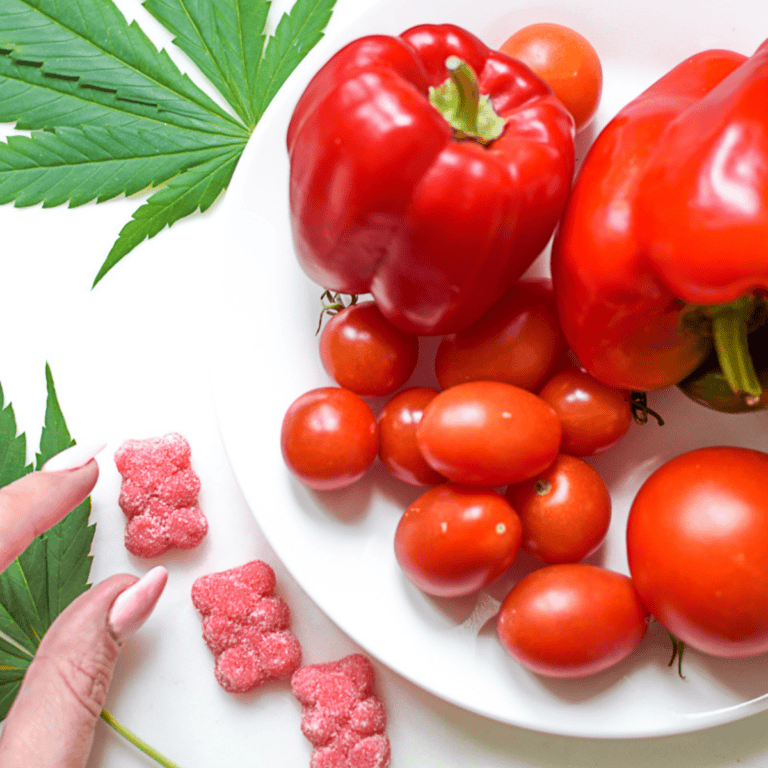
A significant portion of cannabis users report experiencing no effects from edibles, sparking confusion and frustration. Why are edibles seemingly ineffective for some individuals, and what factors contribute to this phenomenon?
The inconsistency in edible experiences stems from a complex interplay of physiological factors, dosage variations, product quality, and individual metabolism. Understanding these elements is crucial for consumers to navigate the edible landscape safely and effectively.
The First-Pass Effect: A Digestive Hurdle
The primary reason edibles affect people differently lies in the way the body processes THC (tetrahydrocannabinol). When smoked or vaped, THC enters the bloodstream directly, bypassing the digestive system. Edibles, however, take a different route.
Upon ingestion, edibles are metabolized in the liver, converting THC into 11-hydroxy-THC, a more potent and longer-lasting psychoactive compound. This process is known as the "first-pass effect."
Individuals with higher liver enzyme activity may metabolize THC more efficiently, leading to a stronger effect. Conversely, those with lower enzyme activity might experience minimal or no effects.
Enzyme Variations: A Genetic Lottery
Differences in liver enzyme activity are often genetically determined. Cytochrome P450 enzymes, particularly CYP2C9, play a key role in THC metabolism. Variations in these enzymes can significantly alter how THC is processed.
A study published in Drug Metabolism and Disposition highlights the substantial interindividual variability in CYP2C9 activity. This variability directly impacts the rate at which THC is converted into 11-hydroxy-THC, explaining why some individuals need higher doses to feel an effect, while others are highly sensitive to even small amounts.
Gut Microbiome's Influence
Emerging research suggests the gut microbiome plays a role in cannabinoid metabolism. The gut's complex ecosystem of bacteria can influence the breakdown and absorption of cannabinoids, affecting the overall experience.
A healthy and diverse gut microbiome may enhance the absorption of cannabinoids, while an imbalanced gut could hinder it. Further research is needed to fully understand this connection.
Dosage Discrepancies and Product Inconsistencies
Accurate dosing is crucial for a predictable edible experience. However, many commercially available edibles suffer from inconsistencies in THC content.
A 2015 study published in the Journal of the American Medical Association (JAMA) found that nearly 70% of edibles tested in California were mislabeled, with actual THC content varying significantly from what was advertised. This makes it difficult for consumers to accurately gauge the appropriate dosage.
Variations in the manufacturing process can also lead to uneven distribution of THC within an edible, resulting in some parts being more potent than others.
Empty Stomach vs. Full Stomach: Absorption Rates
The contents of your stomach can also impact the absorption of THC from edibles. Eating edibles on an empty stomach can lead to faster absorption, but also a potentially more intense and shorter-lived effect.
Consuming edibles with fatty foods can enhance THC absorption because cannabinoids are fat-soluble. The fats help carry the THC into the bloodstream more efficiently. However, this can also delay the onset of effects.
Tolerance Levels and Frequency of Use
Individuals who regularly consume cannabis, regardless of the method, develop a tolerance to THC. This means they require higher doses to achieve the desired effects.
Chronic cannabis users often report needing significantly larger doses of edibles compared to infrequent users. This is due to both receptor desensitization and increased metabolic efficiency.
Potential Medical Conditions and Medications
Certain medical conditions and medications can interfere with cannabinoid metabolism. Liver disorders, for example, can impair the body's ability to process THC, leading to reduced or altered effects.
Some medications can interact with the enzymes responsible for metabolizing THC, either increasing or decreasing its effects. It is essential to consult with a healthcare professional before using edibles if you have any underlying medical conditions or are taking medications.
Looking Ahead: Personalized Edible Experiences
Addressing the issue of inconsistent edible experiences requires a multi-pronged approach. Stricter regulations and testing standards are needed to ensure accurate labeling and consistent product quality.
Researchers are also exploring personalized dosing strategies based on genetic factors, metabolic profiles, and gut microbiome composition. This could lead to more predictable and effective edible experiences in the future. Consumers should start with low doses and wait at least two hours before taking more, particularly when trying a new product. The effects can be delayed and intensified, leading to potential overconsumption if not approached cautiously.
Further research into individual responses to edibles is critical. The National Institute on Drug Abuse (NIDA) has funded several studies examining the pharmacokinetics and pharmacodynamics of cannabinoids, aiming to better understand how these compounds interact with the body and brain.
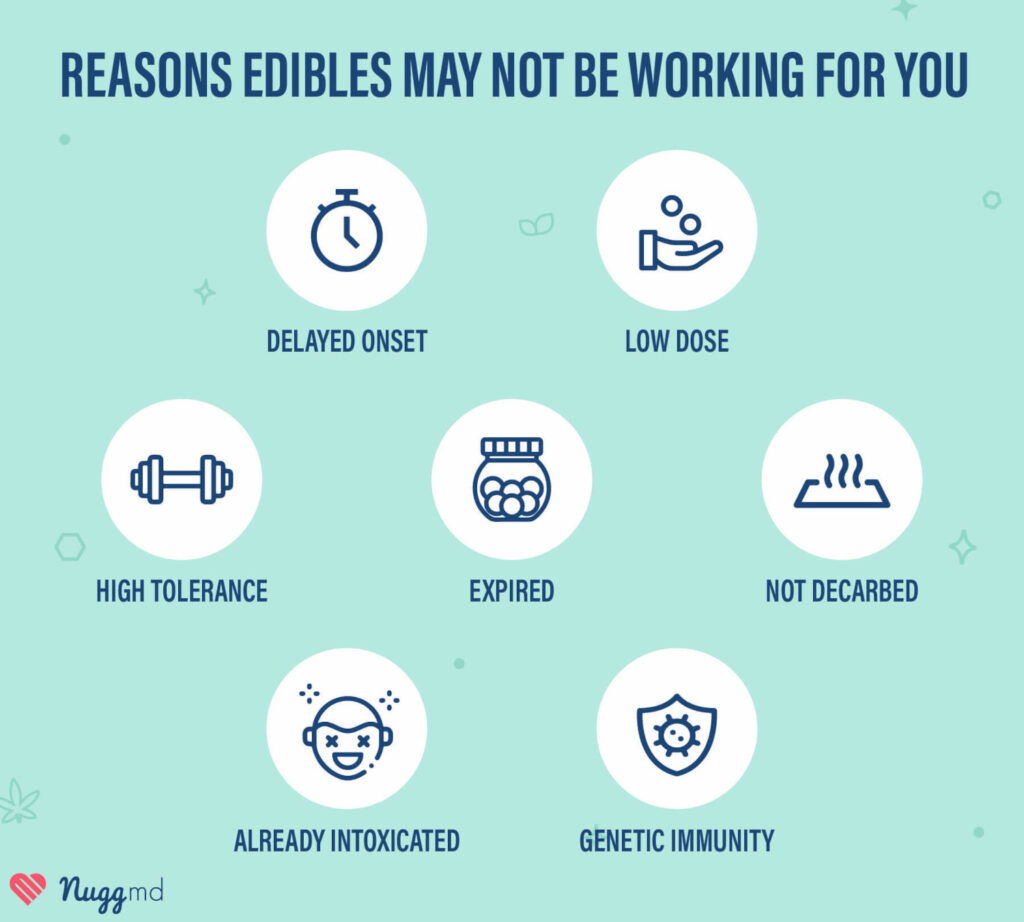
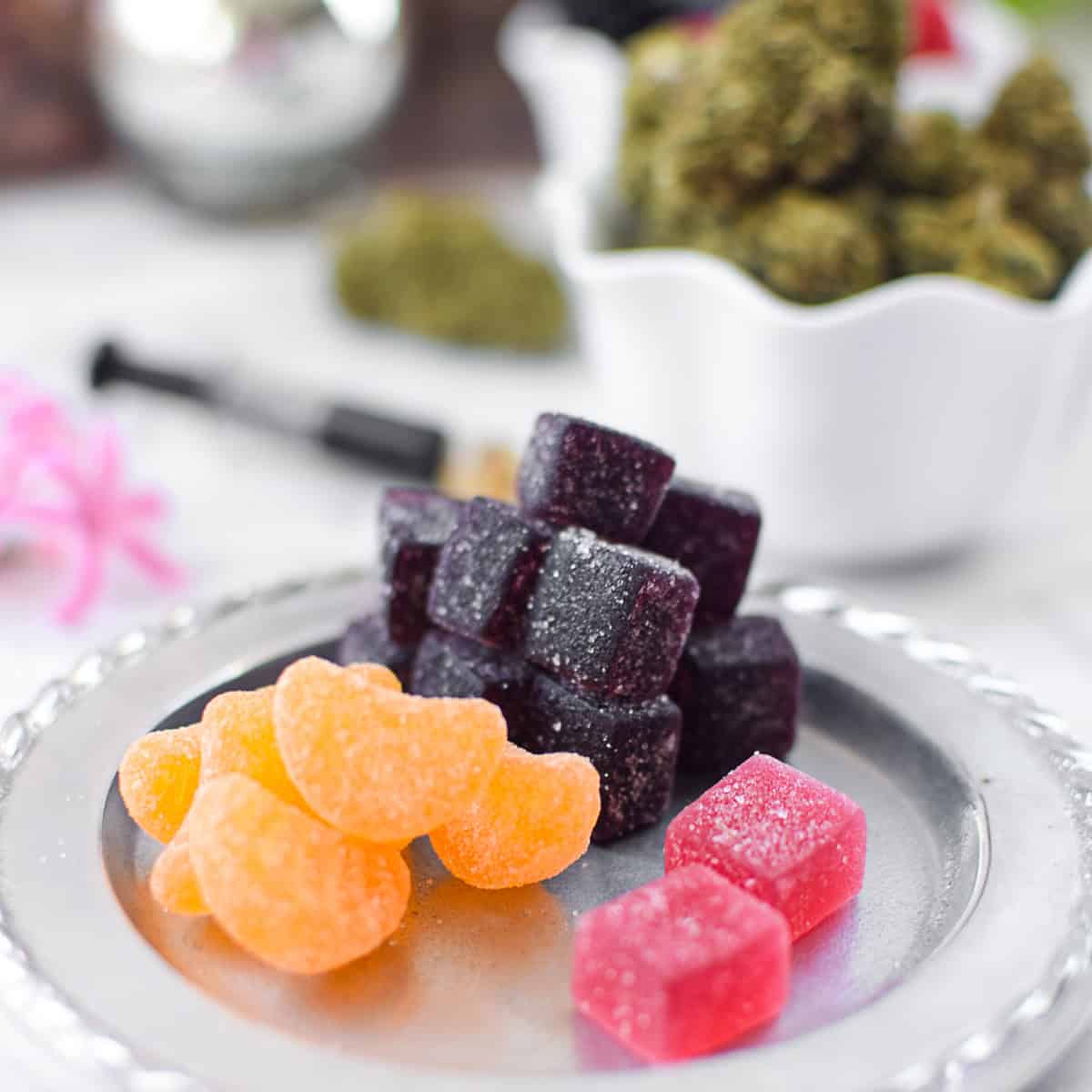
![Can Edibles Not Work For Someone Why Cannabis Edibles Do Not Work for Everyone [9 Reasons]](https://novaseedbank.com/wp-content/uploads/2022/09/why-cannabis-edibles-do-not-work-for-everyone-768x402.jpg)
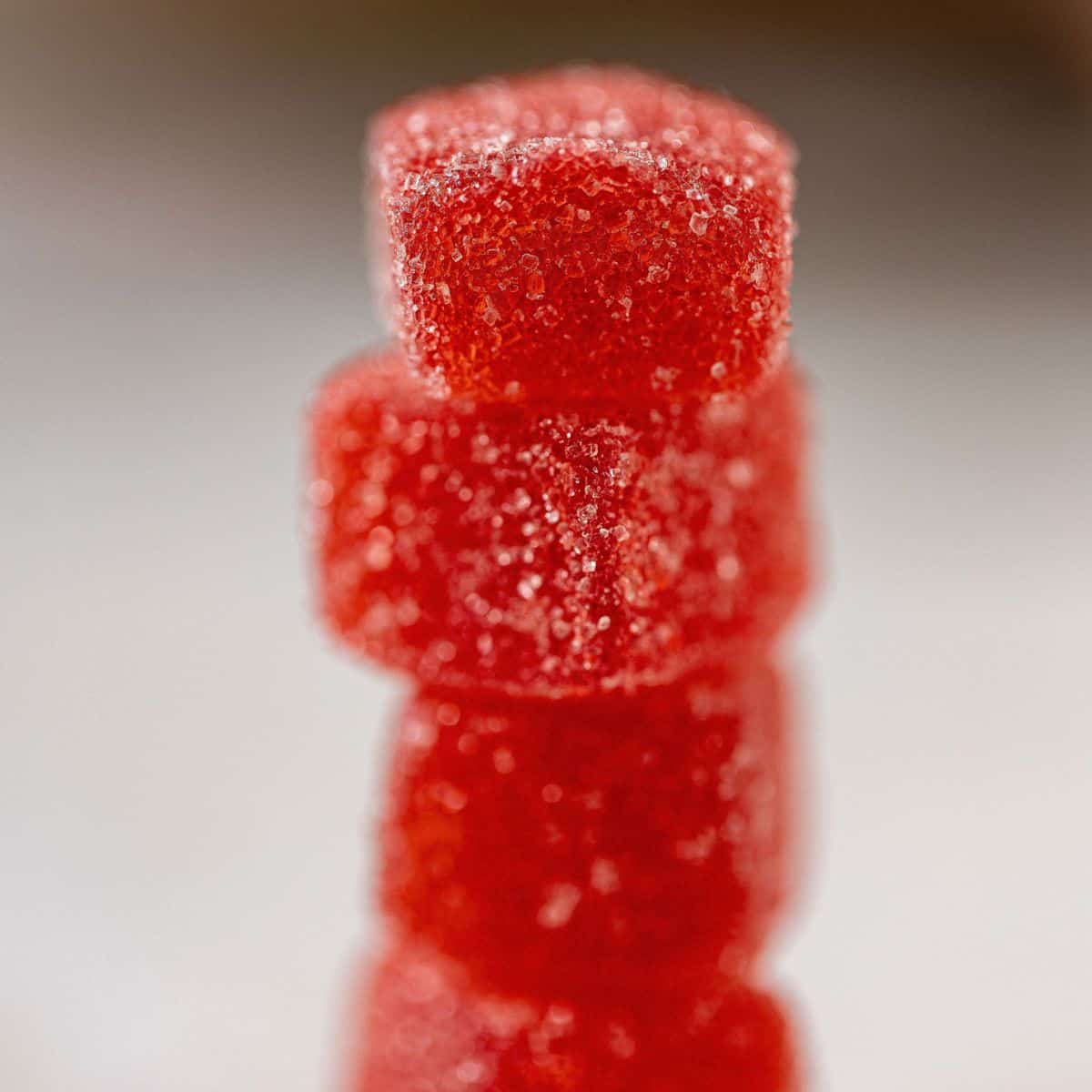
![Can Edibles Not Work For Someone Why Cannabis Edibles Do Not Work for Everyone [9 Reasons]](https://novaseedbank.com/wp-content/uploads/2025/01/Atomic-Apple-strain.jpg)
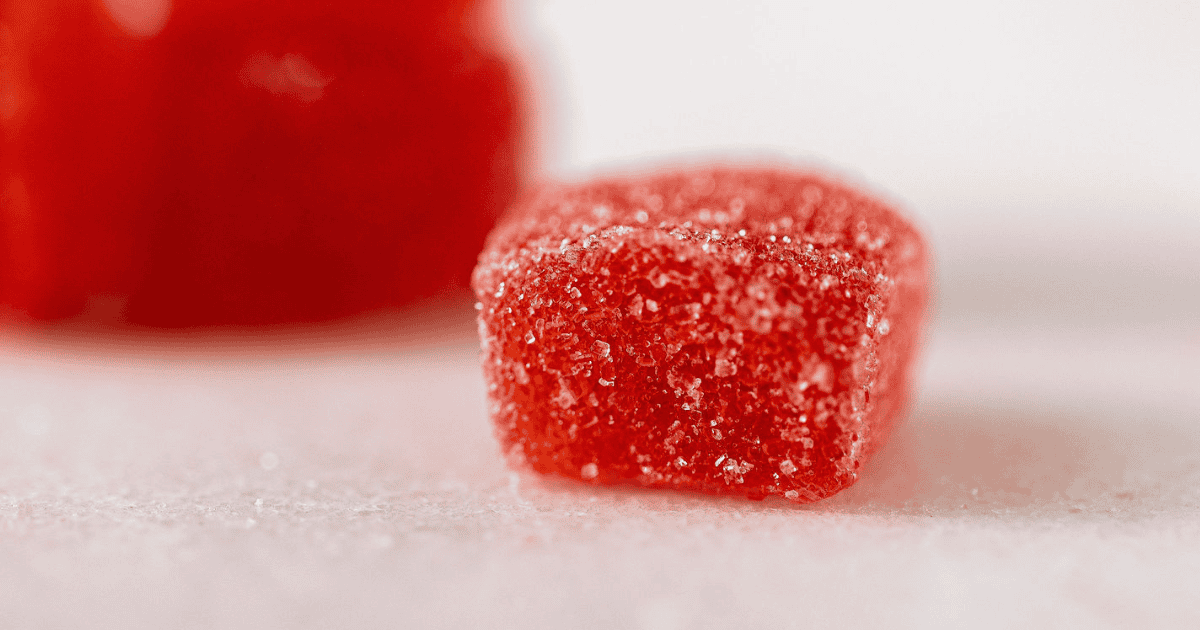
![Can Edibles Not Work For Someone Why Cannabis Edibles Do Not Work for Everyone [9 Reasons]](https://novaseedbank.com/wp-content/uploads/2025/01/Jamaican-strain.jpg)

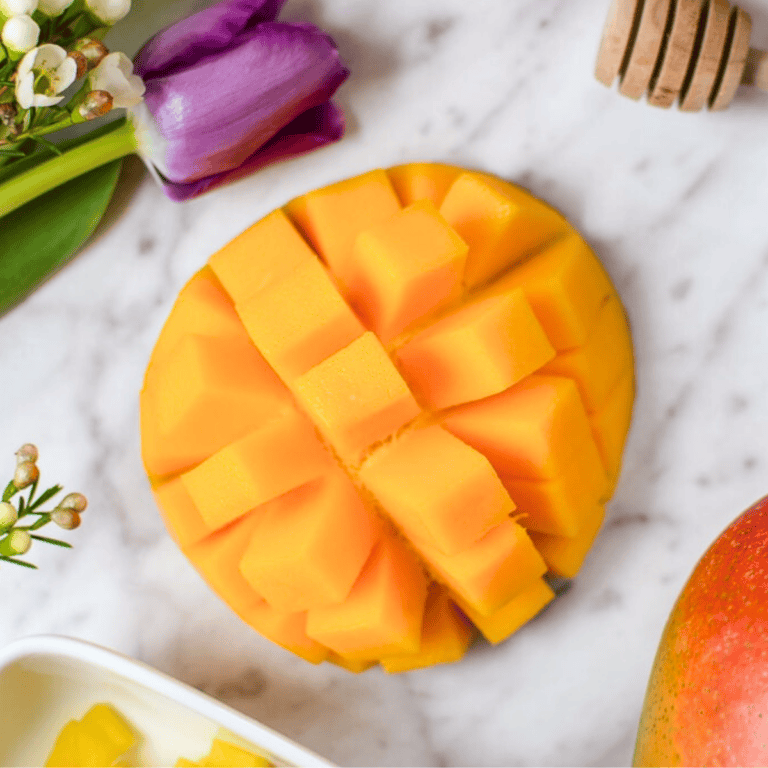
![Can Edibles Not Work For Someone Why Cannabis Edibles Do Not Work for Everyone [9 Reasons]](https://novaseedbank.com/wp-content/uploads/2025/01/Voodoo-strain.jpg)
![Can Edibles Not Work For Someone Why Cannabis Edibles Do Not Work for Everyone [9 Reasons]](https://novaseedbank.com/wp-content/uploads/2025/01/Violet-Delight-strain.jpg)
